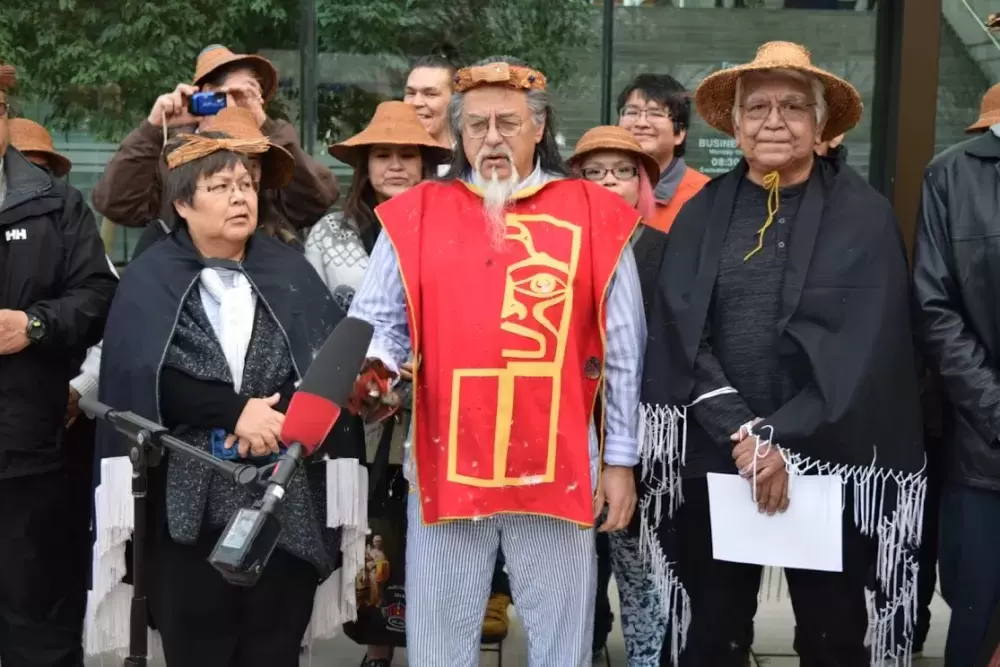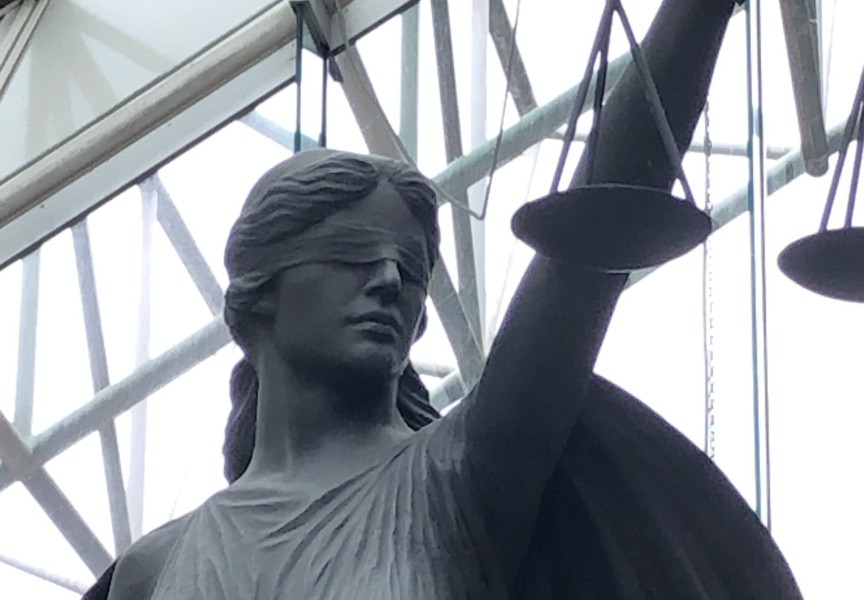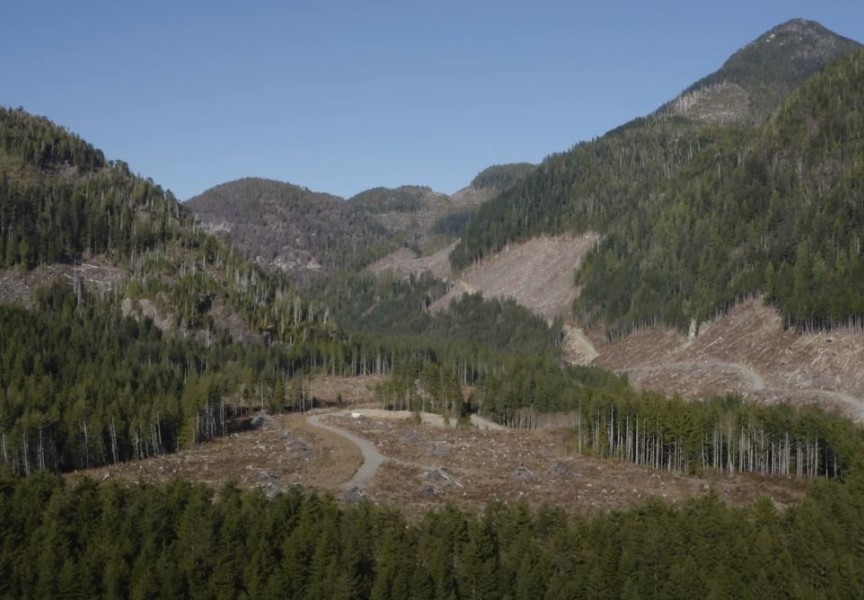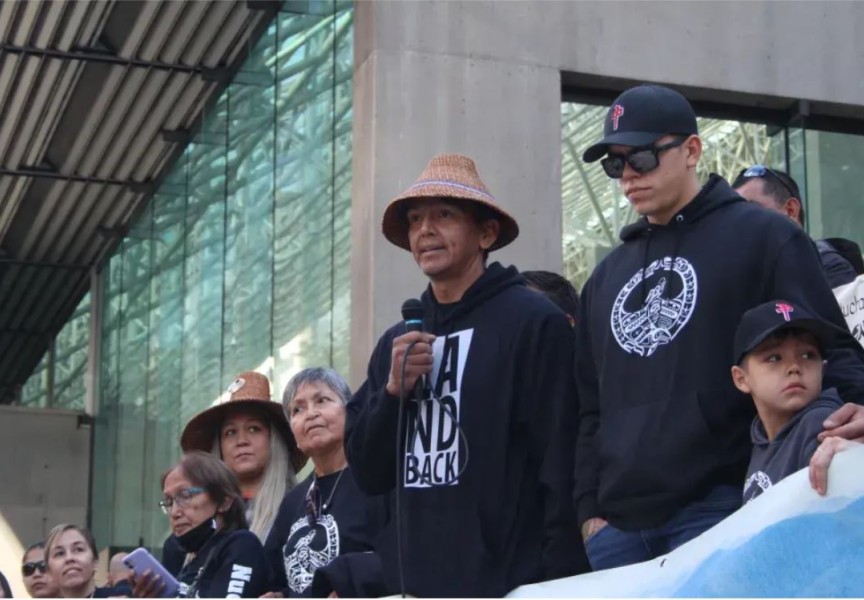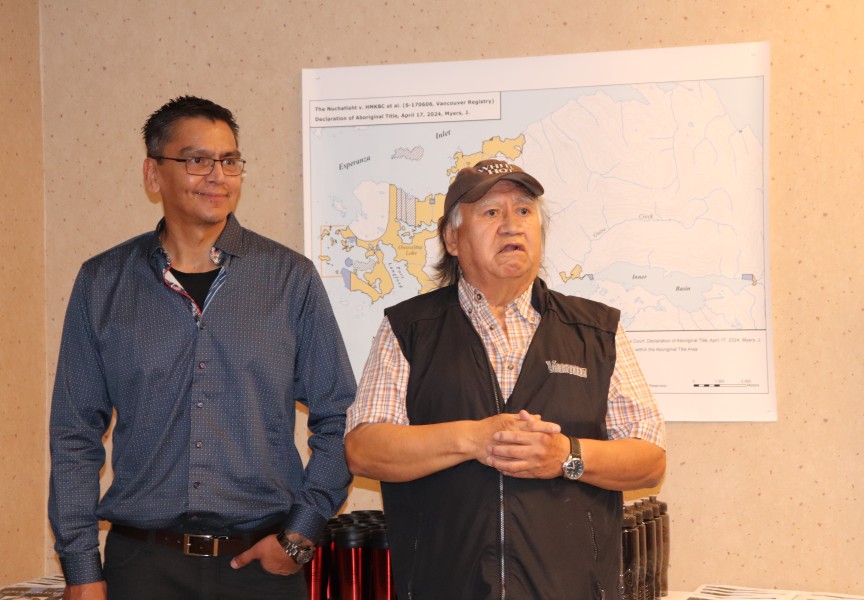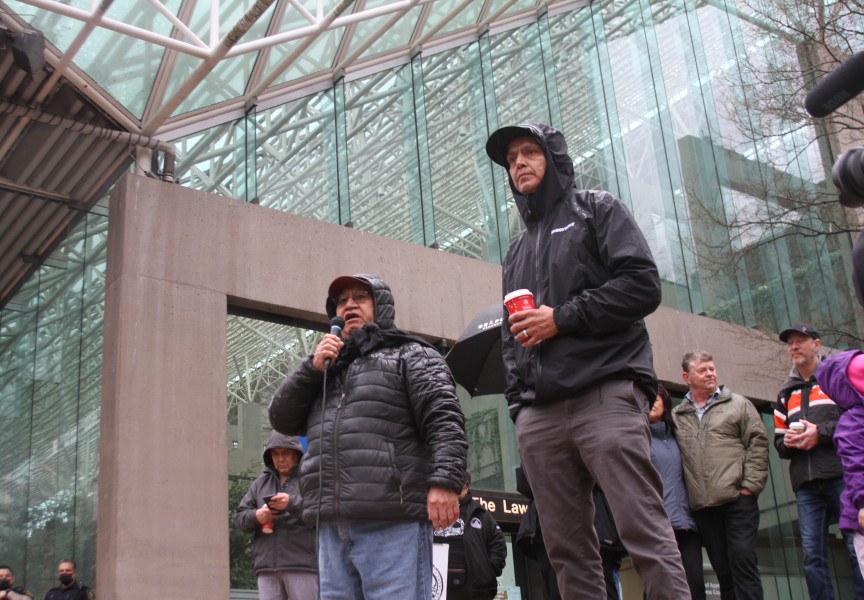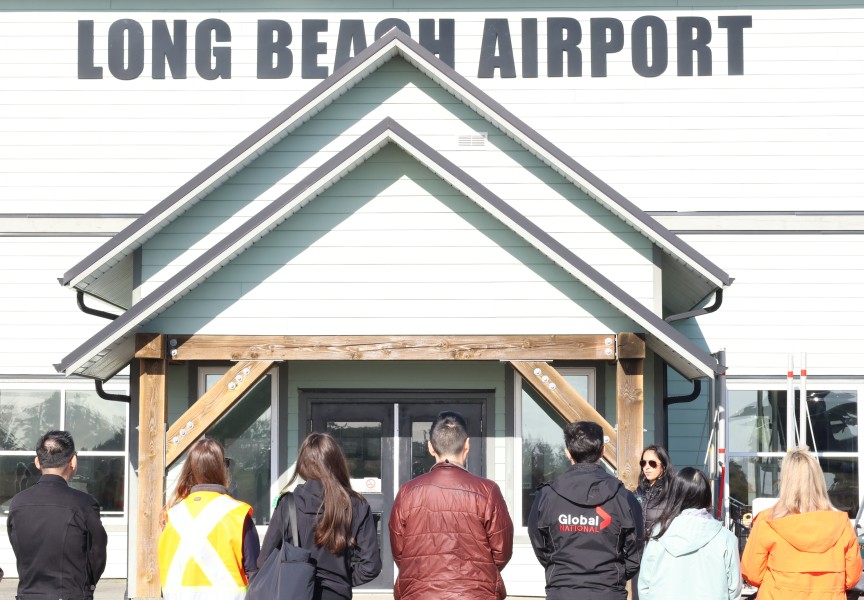The Nuchatlaht will be heading to the B.C. Supreme Court within a year, with a title claim that could bring widespread ramifications for First Nations across Canada.
The Nuu-chah-nulth nation seeks the court’s official recognition of its traditional territory off Northwestern Vancouver Island, which entails the north of Nootka Island and inlets south of Zeballos.
“The judge phoned our lawyer and said within 12 months we’ll be in court,” said Nuchatlaht Councillor Archie Little.
The Nuchatlaht filed a notice of civil claim to the B.C. Supreme Court back in January 2017, stating that the First Nation’s aboriginal title to its territory was infringed upon in the past, due to B.C.s Park Act and Forest Act, and that the band had access to its land impeded by Western Forest Products when the company harvested from Nootka Island. The First Nation has stated that the ancient system of managing its hahoulthee was disrupted by wasteful industries overseen by the provincial and federal governments over the last 150 years.
“These actions have enriched corporations but adversely impacted Nuchatlaht’s sacred land and food sources, while leaving few benefits for the Nachatlaht people,” stated the band.
Little said his First Nation will fight to ensure the territory is managed by those who call it home, something he has not seen from Fisheries and Oceans Canada.
“You see DFO can’t make decisions because the decision makers aren’t there. Well, my Tyee is there,” he said. “If we manage the resources and cut that pie up right, there’s enough for everybody, not just a certain few, that’s what we want to change, and those benefits stay in our area. We’re fighting with Western Forest Products, all the money goes to New York to the shareholders.”
The case is poised to become part of a succession of court rulings recognizing First Nation’s rights to their own territory. Jack Woodward is counsel for the Nuchatlaht, who was part of the legal team involved in the Supreme Court of Canada trial that brought recognition of the Tsilhqot’in First Nation’s title to 1,700 square kilometres of territory in central B.C. Justice Beverley McLachlin’s 2014 decision is viewed as a landmark case of a court declaring a First Nation’s Right to use, benefit and profit from their traditional territory.
Despite having a semi-nomadic traditional lifestyle in which the Tsilhqot’in occupied areas for only part of the year, McLachlin’s ruling overrode the provincial government’s claim to have forestry activities on the First Nation’s territory. The Supreme Court identified three key areas to determine a First Nation’s little over its land: exclusivity in the area, occupation and the historical continuity of habitation.
Little said the Nuchatlaht’s case benefits from their history of being governed by an unbroken hereditary system.
“We’re under 200 people, but the driving force is that we’re in a hereditary system,” he said. “Our government has always been the same, it’s never changed.”
If the Nuchatlaht’s title is recognized, the nation of 162 members could provide a better path for others in Canada, said Little.
“The precedent has been set. It’ll be easier and cheaper for Nuchatlaht to do it, and the next one behind us, it will get less time and less cost,” he said. “At the end of the day, we don’t want to say we won. We want to say, ‘Now, how can we work together?’ The big thing for me is that I come to the table as an owner now; I’m not a beggar anymore. They have to respect that now.”

